SPEAK WEDNESDAY – Gender-Based Restrictions on Career Choices
Gender-Based Restrictions on Career Choices: Examining the Impact on Female Children in Nigeria
In Nigeria, young girls face significant challenges when choosing their career paths due to gender-based limitations. Despite progress in women’s rights and gender equality, traditional views, cultural norms, and socioeconomic factors still limit the career options available to girls. These biases have contributed to a significant gender gap in many professions. Unfortunately, like many others, Nigerian society continues to adhere to gender norms that restrict the career opportunities available to female children. Cultural factors like patriarchal standards and expectations of women’s domestic responsibilities have perpetuated the belief that certain professions are better suited for men.
According to the World Bank’s report on gender disparities in Nigeria, cultural biases discourage girls from pursuing careers in fields like science, technology, engineering, and mathematics (STEM), often considered male-dominated. This leads to a persistent gender gap in these fields and limits educational and employment opportunities for girls. Factors such as limited access to quality education, early marriage, poverty, inadequate educational infrastructure, and cultural norms favoring boys’ education further restrict girls’ career choices in Nigeria.
The limitations placed on female students’ career options based on gender in Nigeria profoundly impact both the individual and the larger society. Limiting girls’ goals undermines their personal growth, perpetuates gender inequality, and obstructs the nation’s progress towards achieving gender equality and socioeconomic development.
In 2022, the Centre for Family Health Initiative (CFHI) celebrated the International Day of the Girl Child by educating over 40 students and teachers from Junior Secondary School Gosa – Abuja about the negative impacts of gender-based violence and encouraging students to pursue their preferred fields, including STEM-related ones, regardless of gender.
Addressing gender-based restrictions on career choices for female children in Nigeria requires a holistic approach encompassing education, awareness, and equal opportunities. By challenging traditional gender roles, providing role models, ensuring access to quality education, and promoting options in male-dominated fields, we can empower girls to pursue their dreams and contribute to the nation’s progress. Through these concerted efforts, Nigeria can build a more inclusive and equitable society where all children have the freedom to choose their desired career paths, irrespective of gender.
Speak Wednesday is an initiative of CFHI to address issues around gender-based violence and gender bias.
#SpeakWednesday #Career #Girl’sRights #Women’sRights #GenderStereotype #GenderBias #GenderInequality #Nigeria #Progress
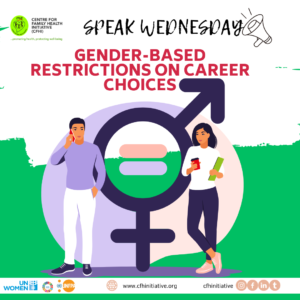
SPEAK WEDNESDAY – Gender-Based Restrictions on Career Choices Read More »

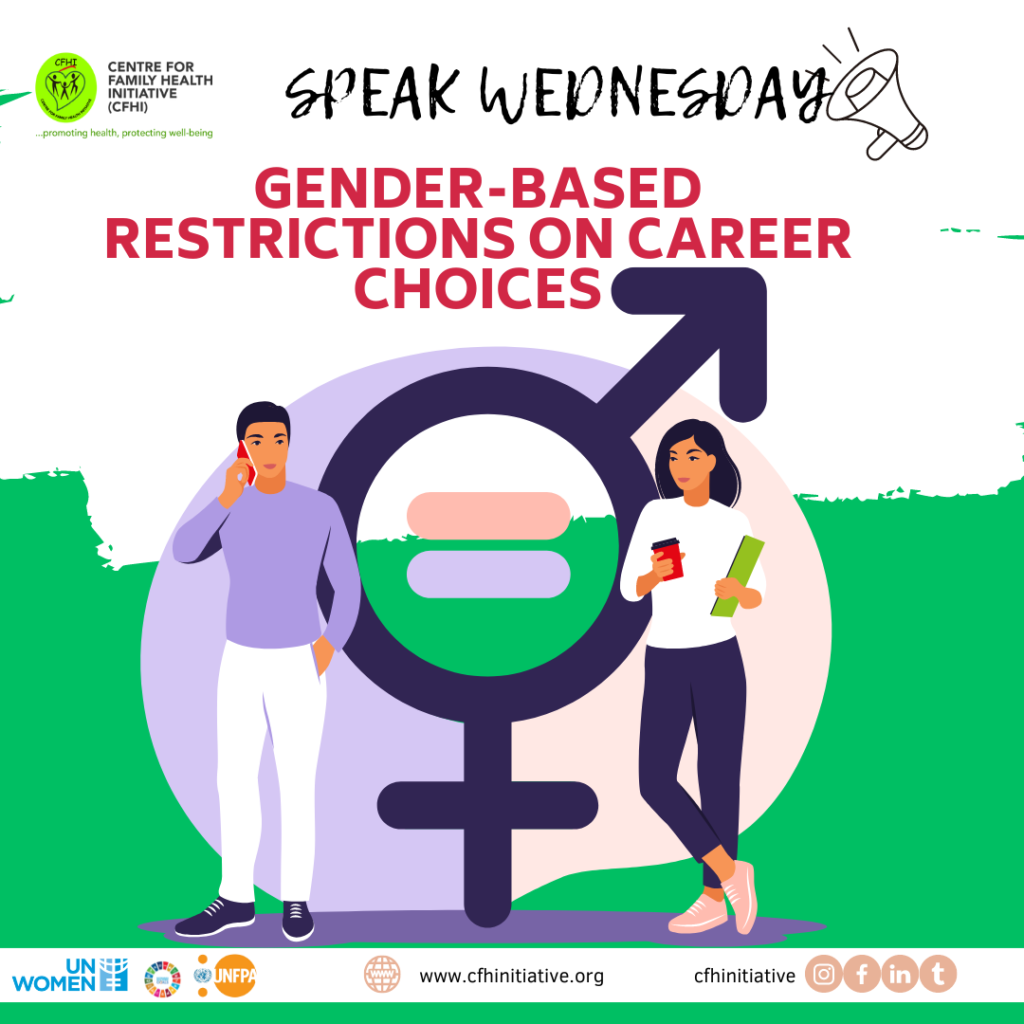
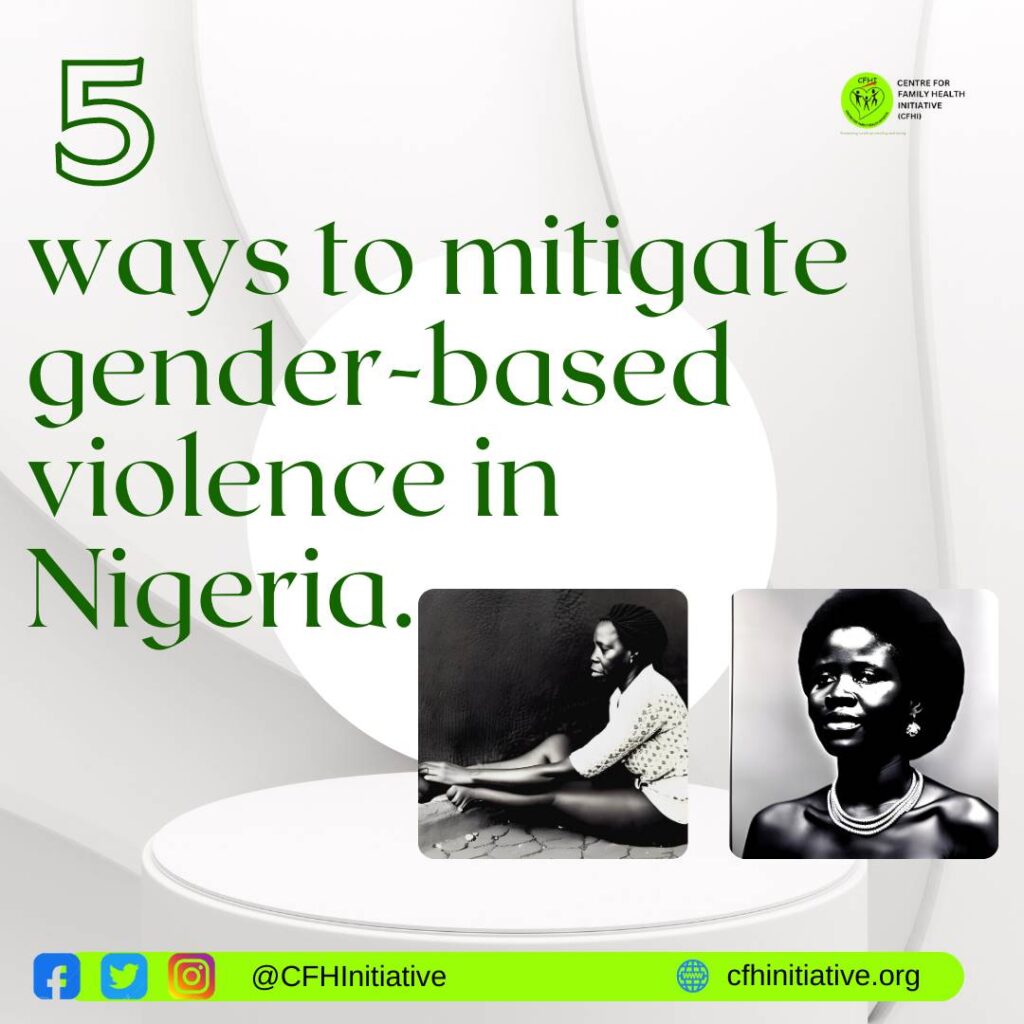
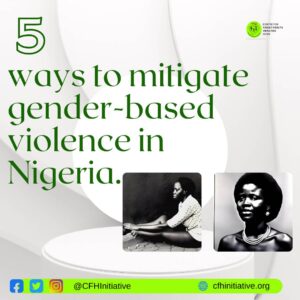
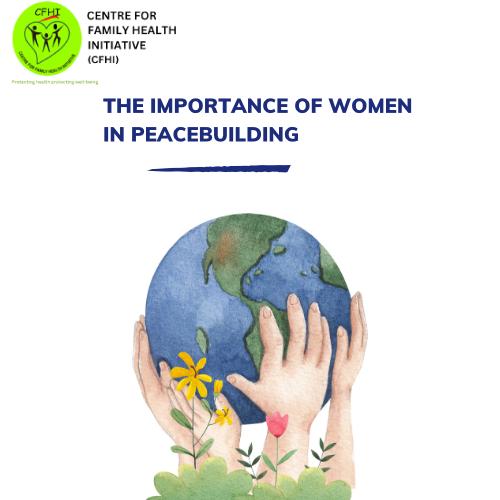
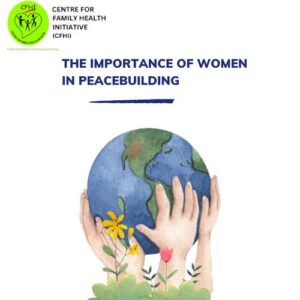
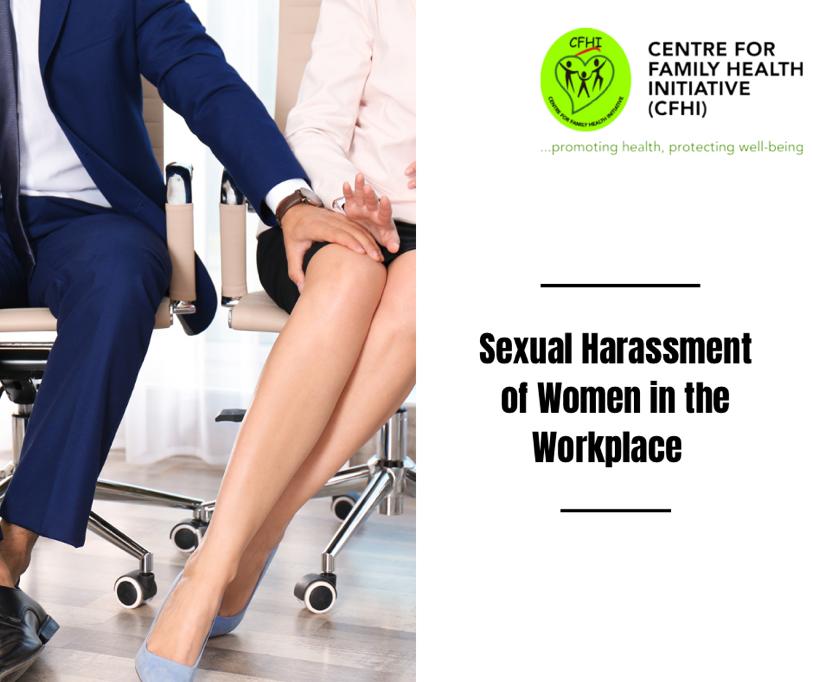
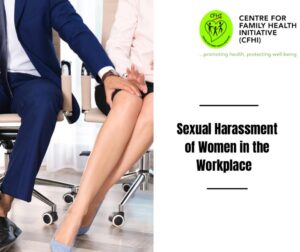
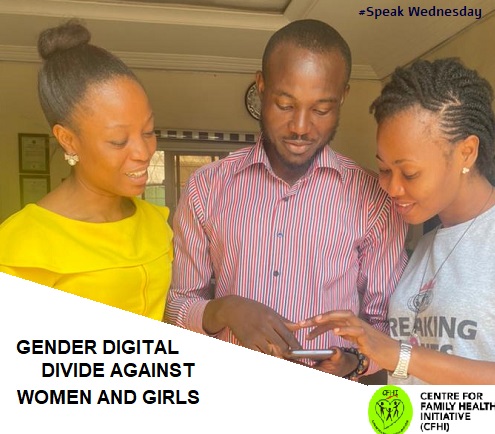
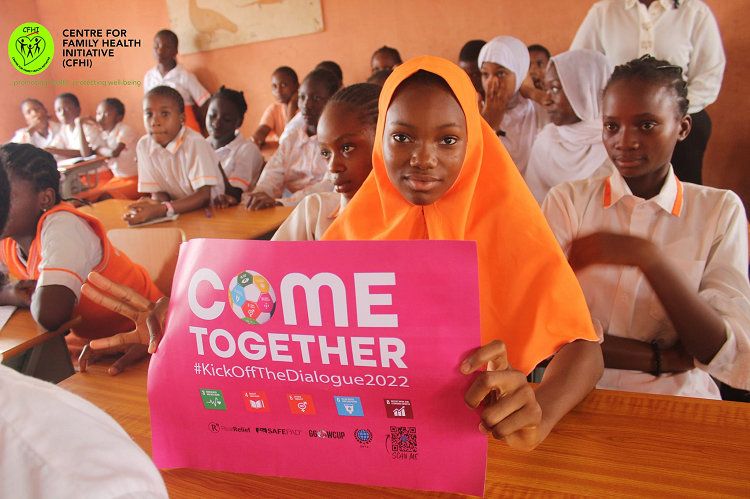



 Child marriage is a widespread violation of human rights. It is an impediment to social and economic development, and it is rooted in gender inequality. The low value placed on girls and women brings about the act and acceptability of child marriage in societies where the practice is common. According to UNICEF, Child marriage refers to any formal marriage or informal union between a child under the age of 18 and an adult or another child. Child marriage is principally practiced in the rural and poor communities where young girls are regarded as economic burden and quickly married off to assuage household expenses.
Child marriage is a widespread violation of human rights. It is an impediment to social and economic development, and it is rooted in gender inequality. The low value placed on girls and women brings about the act and acceptability of child marriage in societies where the practice is common. According to UNICEF, Child marriage refers to any formal marriage or informal union between a child under the age of 18 and an adult or another child. Child marriage is principally practiced in the rural and poor communities where young girls are regarded as economic burden and quickly married off to assuage household expenses.